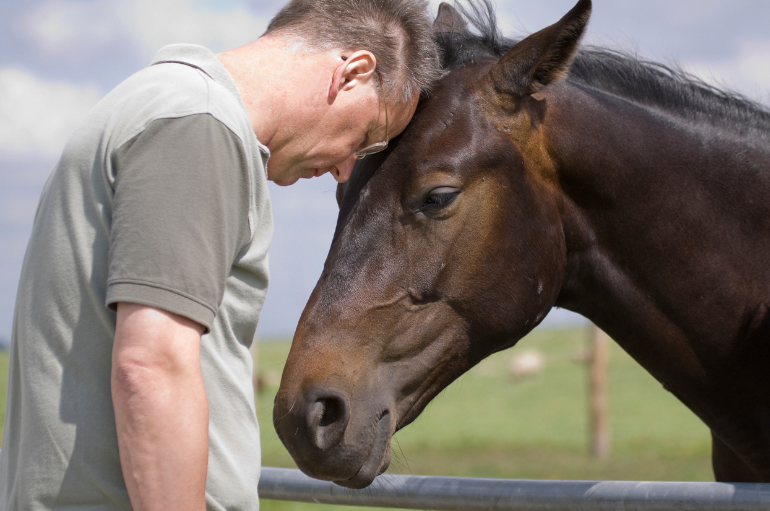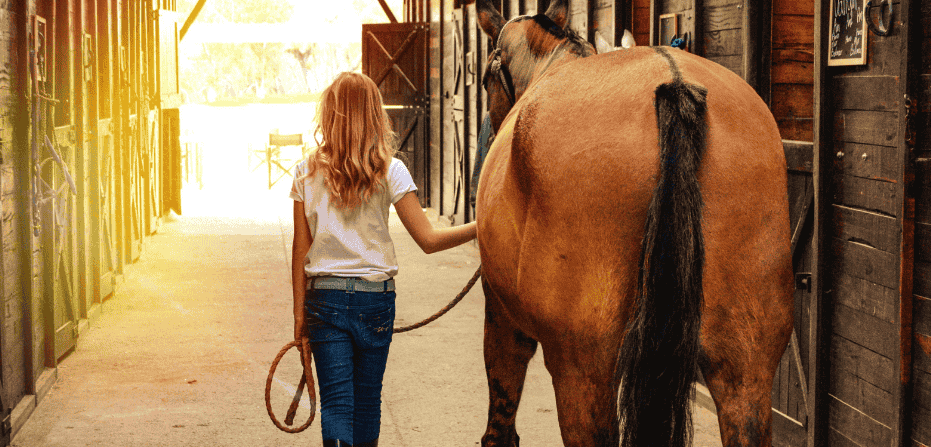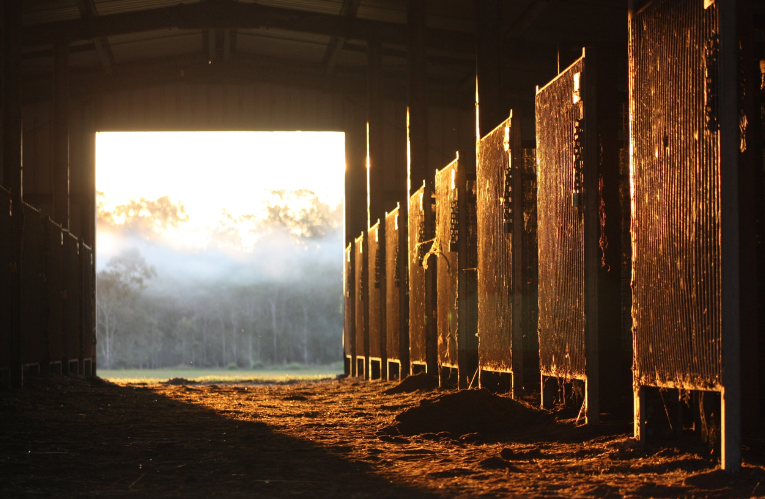
Prepare Your Horse for a Disaster: Assembling a First Aid Kit for the Barn
The Importance of Preparedness
1. Minimize Harm and Injury
Disasters can cause physical injuries, such as cuts, abrasions, or fractures. Having a first aid kit on hand ensures you can provide immediate care to stabilize your horse before veterinary help arrives.
2. Reduce Stress in Emergencies
A well-thought-out plan and accessible supplies can help you remain calm and act decisively during a disaster, reducing panic for you and your animals.
3. Prevent Long-Term Complications
Prompt treatment of minor injuries can prevent infections or worsening conditions, improving your horse’s chance of recovery.
4. Protect Your Livestock Investments
Your horses and livestock represent a significant emotional and financial investment. Preparedness can safeguard their health and your peace of mind.
What Should Be in Your Equine First Aid Kit?
Wound Care Supplies
• Sterile gauze pads and rolls
• Non-stick bandages and cohesive wraps
• Antiseptic solution or wipes
• Wound ointment or powder
• Disposable gloves
Medication and Pain Relief
• Equine-safe pain relievers (consult your vet)
• Antibiotic ointments
• Saline solution for rinsing wounds
• Electrolyte supplements
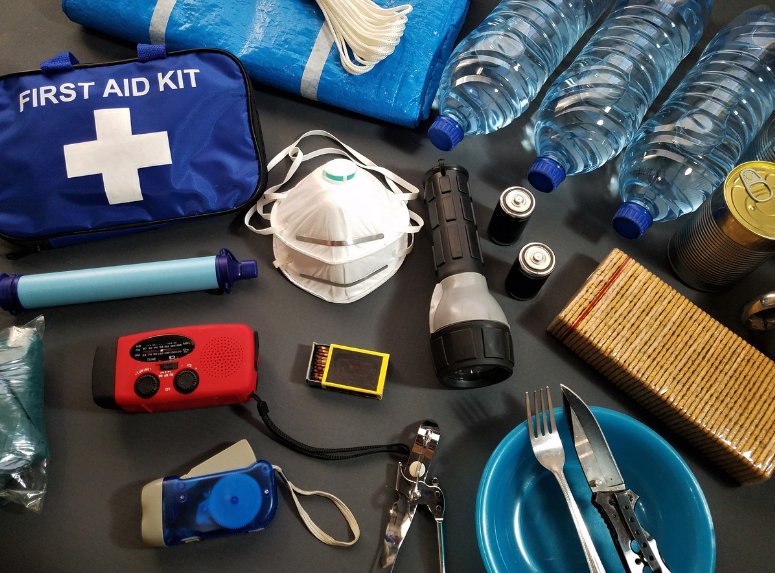
Tools and Instruments
• Digital thermometer
• Scissors (blunt-ended)
• Tweezers
• Hoof pick
• Flashlight with extra batteries
Emergency Items
• Emergency contact list (vet, farrier, emergency services)
Copies of
• vaccination records and medical history
• Extra lead ropes and halters
• Duct tape and zip ties
• Waterproof tarp
General Supplies
• Clean towels
• Bottled water
• Feed or hay in sealed containers
• Muzzle (if your horse is injured and distressed)
The Benefits of a Prepared Barn
